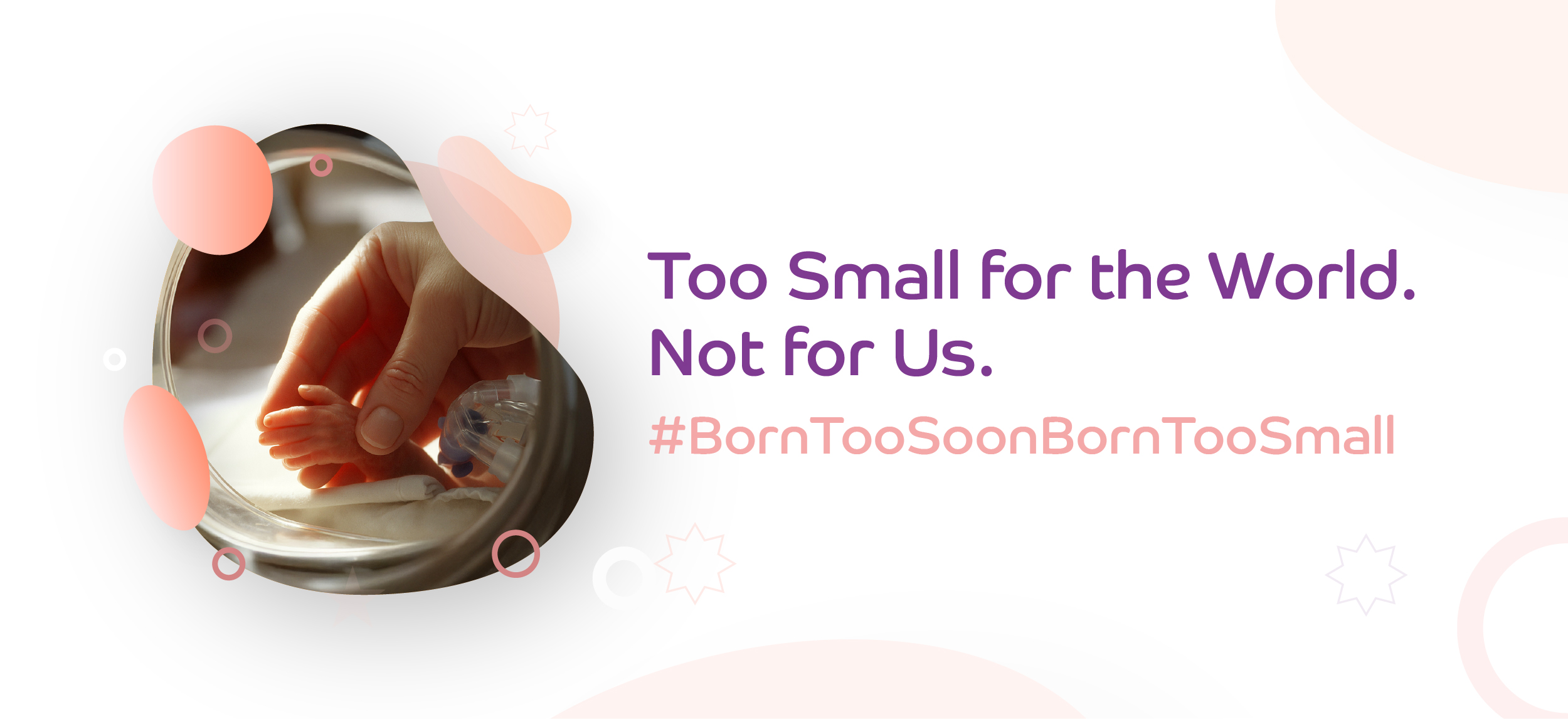Categories
Foods to Avoid in Pregnancy: Real-World Signals, Safe Swaps, and When to Call
Aug 11, 2025
Most risky foods give you clues if you know what to look for: pink centers, lukewarm leftovers, unlabeled dairy, raw sprouts, and “big fish” tuna. Learn five 10-second checks to spot foods to avoid in pregnancy, what to reach for instead, and when a call to your clinician is worth it—so meals feel safer and calmer.
Why it matters now: illness from undercooked foods can hit harder in these months, and some germs can reach the baby through the placenta (the organ that connects you and the baby) even if your own symptoms are mild.
Do instead: order well-done; cook eggs till yolk and white are firm; reheat leftovers till steaming, not lukewarm.
If you already ate it: take a breath—most people remain well. If fever or clear “flu-like” unwellness follows, call your clinician and mention the undercooked item.
Why it matters now: a few bacteria can grow even in the fridge and cross to the baby despite only mild illness in you.
Do instead: choose freshly cooked meats, or reheat deli meats/cold-smoked fish till steaming before eating.
If you already ate it: most will be fine. If fever with body aches shows up, call your doctor; reaching out early is wise.
Why it matters now: pasteurization is the quick heat step that removes germs you can’t see, smell, or taste—and some of those germs can cross to the baby even when you feel only “a bit off.”
Do instead: pick pasteurized milk, yogurt, paneer/cheese, and packaged or clearly pasteurized juices.
If you already drank it: monitor gently for fever or stomach upset; if symptoms appear, call your obstetrician or women’s health clinic and share what you had.
Why it matters now: sprouts are grown warm and damp—ideal for bacteria—and long-sitting salads gather more than vitamins; a small exposure for you can matter more while a second tiny immune system relies on yours.
Do instead: eat sprouts cooked (stir-fried/steamed); build salads fresh at home; choose sealed, well-chilled cut fruit.
If you already ate it: most cases pass without trouble. If fever or persistent diarrhea develops, call—there’s support if you need it.
Why it matters now: larger fish concentrate more mercury, and the developing brain is sensitive to it.
Do instead: choose salmon, sardines, trout, shrimp, or canned light tuna; keep portions modest and varied.
If you already ate it: don’t stress over a single meal; plan smaller, safer fish choices for the next few weeks.
Why it matters now: your body clears caffeine more slowly in these months, so the baby is exposed longer, too. Aim for under ~200 mg/day from all sources.
Do instead: smaller cups, partial-decaf swaps, or approved herbal infusions; remember chocolate and some painkillers add to the total.
If you overshot today: be kind to yourself and rebalance tomorrow.
Why it matters now: alcohol crosses quickly and the developing brain is uniquely sensitive; there isn’t a proven safe dose.
Do instead: alcohol-free mocktails, sparkling water with citrus, yogurt-based coolers.
If you already had some: speak to your clinician honestly; one candid conversation is more helpful than worry in silence.
Take a breath. Most exposures don’t cause illness. Watch for fever, body aches, vomiting/diarrhea that doesn’t settle, or anything that makes you feel clearly unwell. If you develop fever after a higher-risk food, call your clinician or visit a women’s health clinic for tailored advice. Early guidance is part of good antenatal care.
Bottom line: Keep meals hot, labels clear, fish modest, caffeine counted, and alcohol off the table. That’s the core of foods to avoid in pregnancy—applied to real life, one plate at a time.
Disclaimer: This blog aims to provide general information and should not be considered a substitute for professional medical advice, diagnosis, or treatment. Always consult a qualified healthcare provider about your health. If you think you may be experiencing a medical emergency, seek immediate help.
4) I’m three drinks in; coffee + afternoon chai + cola. How much caffeine is okay for me today?
Aim for under ~200 mg across the day. Yes, chai and even chocolate count. If you’ve gone over, it’s okay—switch to water or decaf now and reset tomorrow.
If it’s pink, runny, or “just warmed,” skip it (meat, poultry, eggs)
What you’ll notice: burgers with a pink center, kebabs browned outside but soft inside, half-fried/runny eggs, shawarma that’s only warmed.Why it matters now: illness from undercooked foods can hit harder in these months, and some germs can reach the baby through the placenta (the organ that connects you and the baby) even if your own symptoms are mild.
Do instead: order well-done; cook eggs till yolk and white are firm; reheat leftovers till steaming, not lukewarm.
If you already ate it: take a breath—most people remain well. If fever or clear “flu-like” unwellness follows, call your clinician and mention the undercooked item.
If it came from the fridge case and isn’t steaming, rethink it (deli meats, cold-smoked fish)
What you’ll notice: cold cuts, ham, salami, cold-smoked salmon eaten straight from the pack.Why it matters now: a few bacteria can grow even in the fridge and cross to the baby despite only mild illness in you.
Do instead: choose freshly cooked meats, or reheat deli meats/cold-smoked fish till steaming before eating.
If you already ate it: most will be fine. If fever with body aches shows up, call your doctor; reaching out early is wise.
If the label doesn’t say “pasteurized,” put it back (milk, soft cheeses, fresh juices)
What you’ll notice: farm-style milk, soft cheeses without a pasteurized label, stall juices poured from unsealed containers.Why it matters now: pasteurization is the quick heat step that removes germs you can’t see, smell, or taste—and some of those germs can cross to the baby even when you feel only “a bit off.”
Do instead: pick pasteurized milk, yogurt, paneer/cheese, and packaged or clearly pasteurized juices.
If you already drank it: monitor gently for fever or stomach upset; if symptoms appear, call your obstetrician or women’s health clinic and share what you had.
If it’s a raw sprout or an open salad bar, treat with caution
What you’ll notice: sprout-heavy sandwiches, salad bars sitting out for hours, uncovered bowls of pre-cut fruit.Why it matters now: sprouts are grown warm and damp—ideal for bacteria—and long-sitting salads gather more than vitamins; a small exposure for you can matter more while a second tiny immune system relies on yours.
Do instead: eat sprouts cooked (stir-fried/steamed); build salads fresh at home; choose sealed, well-chilled cut fruit.
If you already ate it: most cases pass without trouble. If fever or persistent diarrhea develops, call—there’s support if you need it.
If it’s a “big fish” or mystery tuna, limit or swap (mercury)
What you’ll notice: shark, swordfish, king mackerel, bigeye tuna; frequent “white/albacore” tuna orders.Why it matters now: larger fish concentrate more mercury, and the developing brain is sensitive to it.
Do instead: choose salmon, sardines, trout, shrimp, or canned light tuna; keep portions modest and varied.
If you already ate it: don’t stress over a single meal; plan smaller, safer fish choices for the next few weeks.
If you’re on cup three, do the math (caffeine)
What you’ll notice: morning coffee + afternoon tea + a cola (or an energy drink).Why it matters now: your body clears caffeine more slowly in these months, so the baby is exposed longer, too. Aim for under ~200 mg/day from all sources.
Do instead: smaller cups, partial-decaf swaps, or approved herbal infusions; remember chocolate and some painkillers add to the total.
If you overshot today: be kind to yourself and rebalance tomorrow.
If it’s spiked—even a “small”—skip it (alcohol)
What you’ll notice: cocktails, liqueur desserts, “only a sip.”Why it matters now: alcohol crosses quickly and the developing brain is uniquely sensitive; there isn’t a proven safe dose.
Do instead: alcohol-free mocktails, sparkling water with citrus, yogurt-based coolers.
If you already had some: speak to your clinician honestly; one candid conversation is more helpful than worry in silence.
Street food, buffets, leftovers: quick rules that fit real life
- Street/grab-and-go: choose items cooked to order and served piping hot; avoid raw toppings that sit out.
- Buffets: take food that’s just been replaced and visibly hot; skip lukewarm trays and uncovered salads.
- Leftovers: refrigerate within 2 hours; reheat till steaming; don’t “taste test” cold meats.
30-second label check (in the store)
- Look for “pasteurized” on milk, cheese, and juices.
- UHT/long-life milk is safe.
- Ready meats/fish: plan to reheat till steaming.
- For tins/jars: confirm intact seal, expiry, batch number.
“I already ate it—now what?”
When a women’s health clinic makes things easier
- You want a quick check of your weekly menu against these rules.
- You need help staying under ~200 mg caffeine without headaches.
- You eat seafood often and want a safe, varied plan.
- You had a higher-risk food and now feel unwell and want a clear next step.
Why this matters (and where to get help)
These aren’t scare-lists; they’re steady guides tied to what you see and touch. If a food is pink, lukewarm, unsealed, or unlabeled, you now know why to pass and what to pick instead. If something slips through, you know which symptoms deserve a call. For a personal review, the team at BirthRight By Rainbow Hospitals can walk you through local labels and menus and coordinate care through their women’s health clinic—so eating well for two feels simpler, safer, and kinder to you.Bottom line: Keep meals hot, labels clear, fish modest, caffeine counted, and alcohol off the table. That’s the core of foods to avoid in pregnancy—applied to real life, one plate at a time.
Disclaimer: This blog aims to provide general information and should not be considered a substitute for professional medical advice, diagnosis, or treatment. Always consult a qualified healthcare provider about your health. If you think you may be experiencing a medical emergency, seek immediate help.











